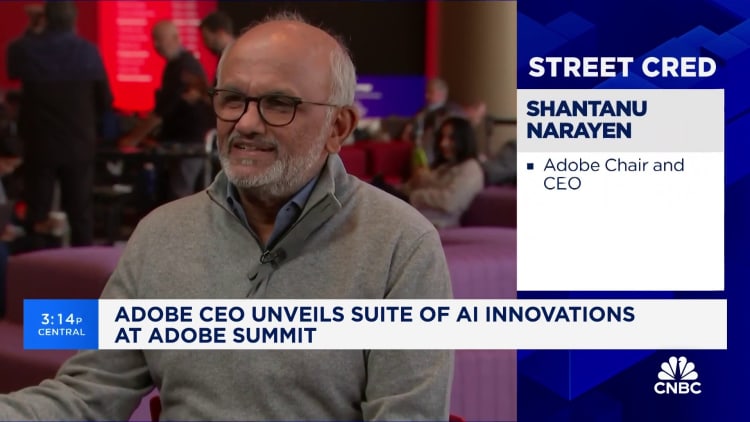
In the year The Blair Witch Project debuted, the movie’s filmmakers were desperately looking for their stars. They passed out “missing person” flyers of the three main actors at the Sundance Film Festival, pleading for those with information to call a local sheriff. The film’s website featured reels of policemen giving interviews about their investigation, while the IMDb page listed the actors as “missing, presumed dead.”
Only, the actors were not dead, or missing. Heather Donahue, Michael C. Williams, and Joshua Leonard—who, per their contract, used their real names in the film—were alive, but forced to lay low for months to convince fans that the film’s horrors were real. It was one of the first instances of viral marketing for a movie, and it was wildly successful.
As the film skyrocketed into fame, Artisan Entertainment—which acquired the film at Sundance for $1.1 million—barred Donohue’s publicist from booking her interviews. Leonard was chastised for accepting another independent movie role. Williams took on a job as a furniture mover, unable to secure any other acting gigs while playing dead.
The marketing scheme was so convincing that when Artisan Entertainment surveyed moviegoers, 50% of viewers believed The Blair Witch Project was real. The scheme helped the film become a sensation, earning over $248 million at the worldwide box office on a shoestring $35,000 budget, earning them a Guinness World Record for biggest box-office returns.
When the film broke the $100 million mark, Donahue, Williams, and Leonard believed that, coming out of hiding, they would finally get their dues as the actors who filmed, improvised, and brought the story to life. Instead, they got a fruit basket, they recently told Variety.
Back then, the three actors were in their early 20s—Hollywood outsiders who took jobs on the indie film for its $500-a-week paycheck. Now, they are middle-aged, with jobs like high-school guidance counselor and marijuana farmer—and ready to sue, or tell-all to Variety, to gain a fraction of the profits they say business executives cheated them out of.
“You can’t take care of your loved ones.”
When the young actors first signed their contracts, they didn’t think much of a clause that required them to use their real names for the film. After all, the film was just another indie movie with a ridiculous premise that let them accrue on-set experience, and also offered them the miniscule pay of $500 a week (they filmed for eight days).
“I did a lot of work for no pay,” Williams told Variety. “This said ‘Paid,’ so you’re like, ‘Oh, maybe I can be a professional.’”
Another clause offered them an opportunity for profit that at the time seemed “ridiculous,” according to Donohue. If the project net over $1 million, the actors were entitled to “a one percent (1%) participation in profits in excess of $1,000,000.”
Of course, the movie ended up making much more than $1 million in profits. But the 1% was a measly sum, and, since the actors’ real names were tied to their characters, they struggled to find casting directors who took them seriously. The cast members found themselves poor, but famous: serving catering to their own agents, or breaking down in old cars under huge billboards with their faces on it.
The result, for the cast members, was as humiliating as it was ironic. Williams broke down in tears during the Variety interview, explaining how hard it was to explain his situation to others.
“I’m embarrassed that I let this happen to me,” Williams said. “You’ve got to put that stuff away, because you’re a f—-g loser if you can’t. Because everybody’s wondering what happened, and your wife is in the grocery line and she can’t pay because a check bounced. You’re in the most successful independent movie of all time, and you can’t take care of your loved ones.”
At the end of the summer of The Blair Witch Project’s release, the actors received a “performance bump” in the low five figures. Meanwhile, Lionsgate, which purchased Artisan and then Blumhouse, continued profiting from their names and likenesses for marketing, and created new, profitable sequels.
In the mid-2000s, Donohue rallied her two co-stars to sue Artisan, which generated a $300,000 settlement that would be paid to each of them over several years. Meanwhile, Haxan, the production company that created The Blair Witch Project, earned an estimated “$35 million to $40 million” from the film, according to The New York Times.
Last month, the three actors wrote a public letter calling for Liongate to give them residual payments “equivalent to the sum that would’ve been allotted through SAG-AFTRA, had we had proper union or legal representation when the film was made.” They also requested “meaningful consultation” on any further Blair Witch spinoffs that would utilize their names or likenesses. They also requested an annual $60,000 grant (the amount of the original Blair Witch budget) paid out yearly by Lionsgate to unknown filmmakers.
The three’s message to young actors: “Don’t do what we did.”
“I’m very grateful for what I have now and how fucking hard I fought to get it,” Williams told Variety.”But it still impacts me. I buried all this. Giant corporations don’t care that this happens to young artists. It’s bullshit. And that’s got to change somehow.”
Credit: Source link















